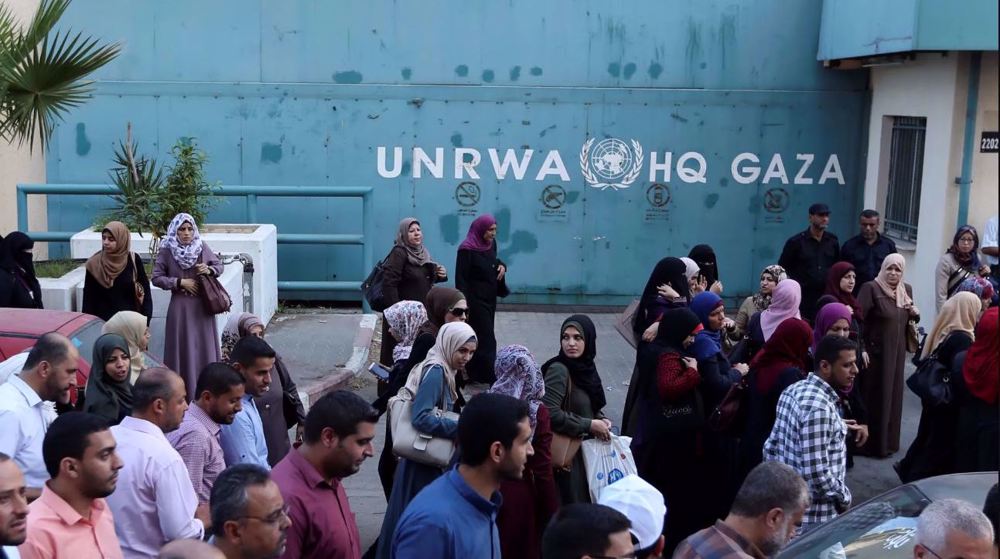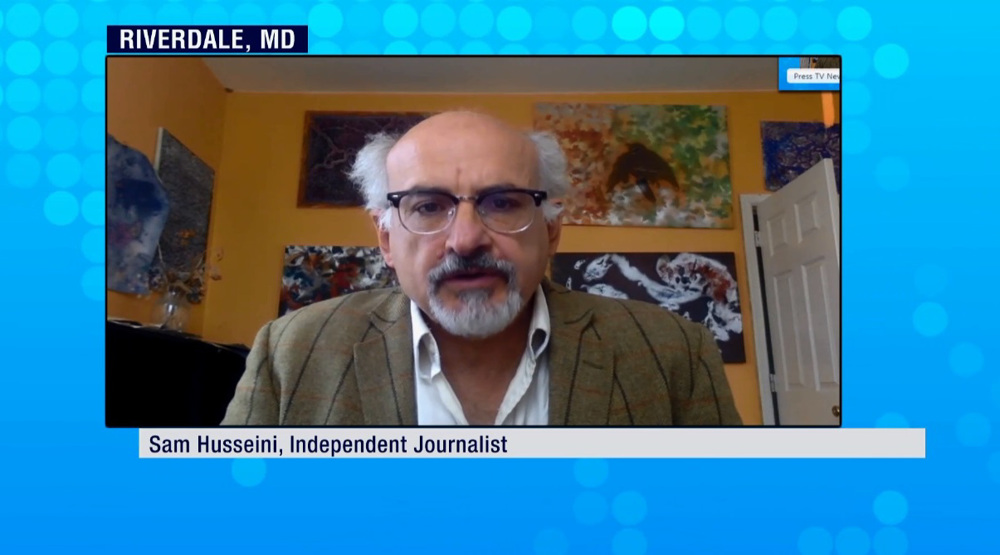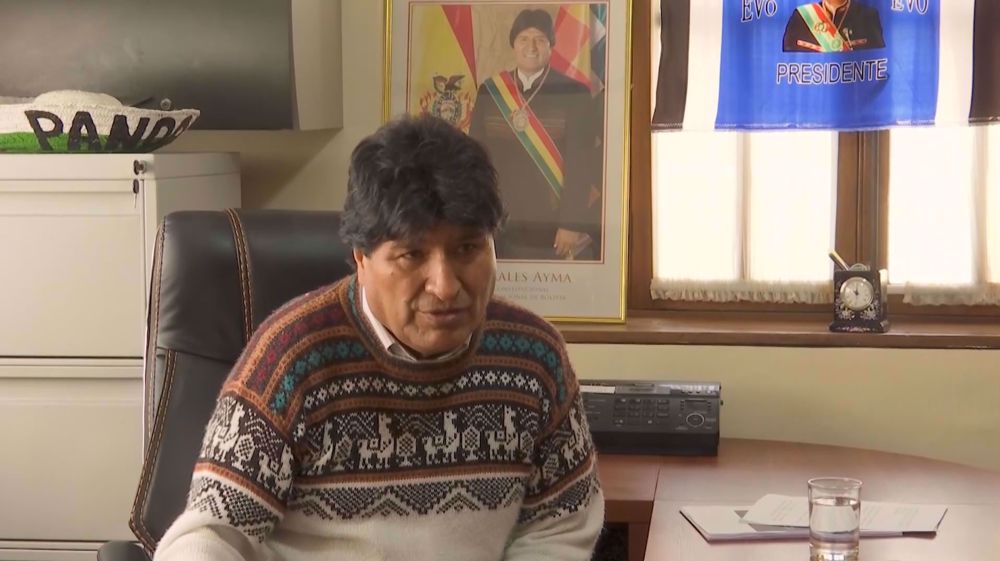Spain’s Rajoy unlikely to gain parliament support: Pundit
Press TV has conducted an interview with Dennis Small, a political commentator from Virginia’s Leesburg, to discuss Spanish Prime Minister Mariano Rajoy's chances of winning the parliamentary vote, especially after the Socialists refused to support him forming a government.
Press TV: Given the political situation, what are the chances of Mariano Rajoy forming a minority government?
Small: I don’t think his chances are very good as they haven’t been in the last two attempts this year. This is the third time around and I think this is one of those cases where the third time is not going to be the charm. So, I think it looks unlikely and what they are now discussing is the possibility of yet another election in Spain, this time around Christmas. The problem is not just the Rajoy government. But that none of the parties in Spain are actually addressing the underlying major issues that the population is facing. So what we are looking at is a generalized institutional crumbling in face of the inability to address the kind of crises that not only Spain but all of the nations of Europe are looking at right now. I believe the last time we discussed this matter on your program here, in the last elections, I said that I thought that the political longevity of the Rajoy government was about as good as that of toilet paper. And, unfortunately, that has proven to be the case and will continue to be the case.
Press TV: If he fails, a second chance is going to be given to him on Friday. But what if Rajoy loses his second chance?
Small: Then, we’ll simply be in the same situation we have been all year with effectively no government, no body addressing the issues that the country is facing. I think what is actually going to be more significant to the actual future of Spain as well as of Europe, is the upcoming meeting of the G20 (the Group of Twenty) on September 4th and 5th in China this year. Spain is not a member of the G20, but it is one the invited guests. And the issue on the agenda there, as per the Chinese chairmanship, is the question of development for the world and in particular devising a new financial architecture to replace the current crisis-ridden system that affects the trans-Atlantic sector. Since that is actually so central to Spain’s problem - the debt problem, the unemployment problem - the outcome of the G20, which I believe is quite favorable, and the subsequent BRICS meeting to be held in India one month later, is much more to the point of the kinds of solutions which Spaniards may be able to follow. But among the existing parties, there is nothing on the horizon that can address a stable solution to the real problems that Spain is facing: economics, a war situation all across Europe with the American naval base in Rota putting Spain the bull’s-eye of a potential counterattack against NATO, and of course the generalized problem of terrorism which is sweeping the entire region to which the Putin government in Russia, with some of its allies, is providing a solution in the right direction, but with the Obama administration dragging its feet.
Press TV: But, all in all, what are the chances of other parties taking over Rajoy?
Small: [Chances] of Rajoy getting enough of a majority to govern, I think the possibilities are quite low. Probably this is simply going to continue to trundle along from instability to instability over the coming months. We are probably looking at yet another round of elections with no solution in sight. What’s happening in Spain, it’s not so different from the kind of institutional crises we’ve also seen in the United Kingdom with the Brexit vote which caught most people by surprise and the situation which Italy may be looking at with the upcoming vote which could mean the political demise of the [Matteo] Renzi government as well. If you take a step back and look at the big picture, we’re looking at generalized institutional inability throughout Europe to address the problems that the region is facing. That’s the reality of what’s happening in Spain today.
Iranians rally nationwide in support of Operation True Promise
Raeisi: Operation True Promise ‘a necessary response’ to Israel
OIC slams US for blocking Palestine’s bid for full UN membership
US police arrest 108 pro-Palestine protesters at Columbia University
Top commander names four 'historic achievements' of Operation True Promise
VIDEO | Iranian attack and crisis of entity
UN chief: Israel’s war turned Gaza into 'humanitarian hellscape'
Meta's WhatsApp challenged for complicity in Israel’s Gaza genocide









 This makes it easy to access the Press TV website
This makes it easy to access the Press TV website